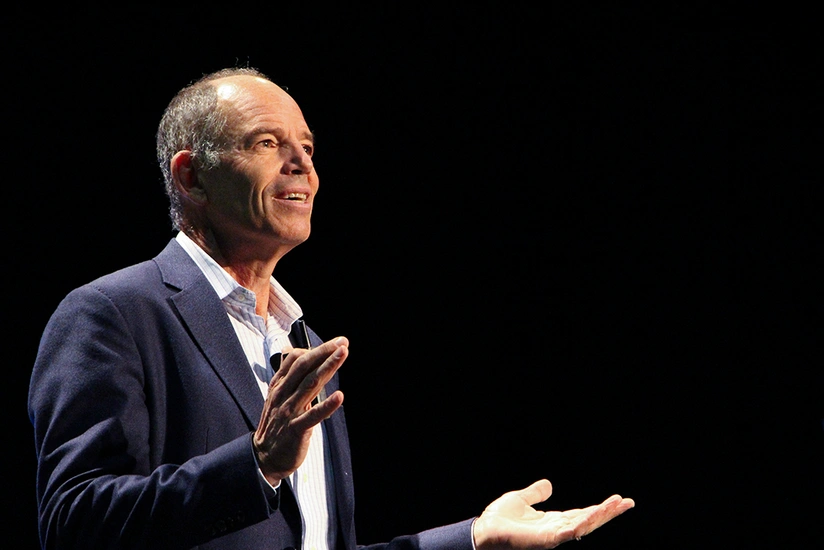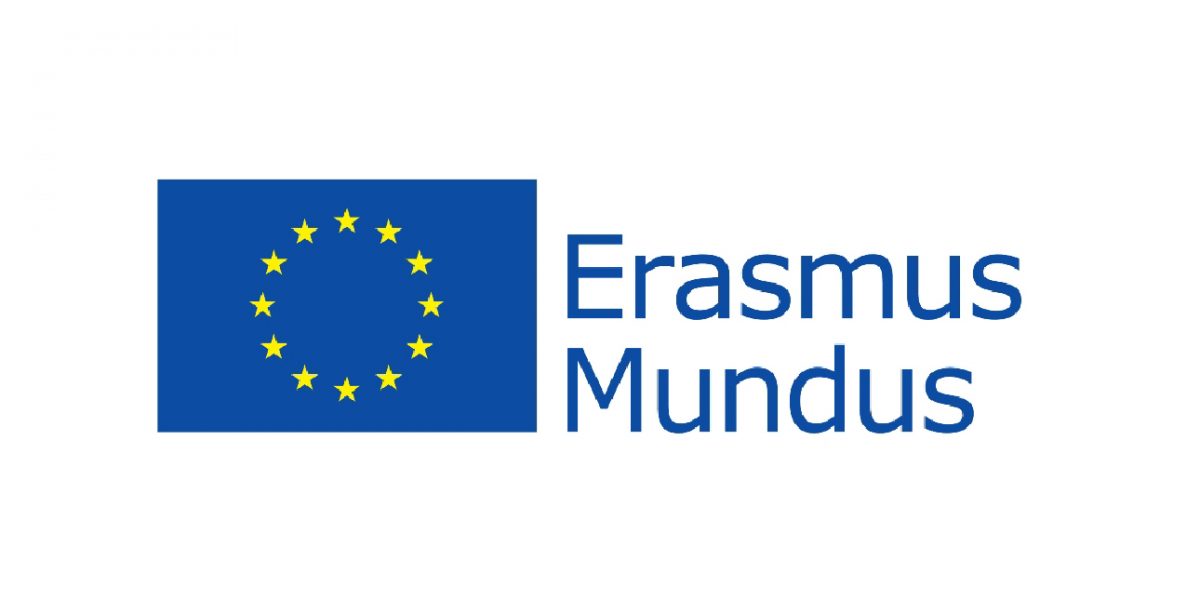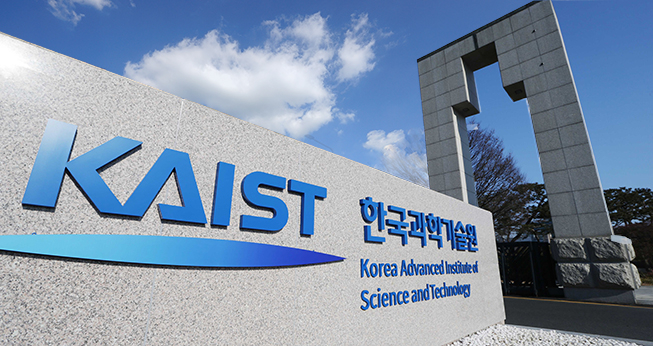
Applying to KAUST - Your Complete Guide for Masters & Ph.D. Programs (Upcoming Admissions)
Admissions Overview & Key Requirements

On the second day of the INMerge Innovation Summit 2025, Netflix co-founder Marc Randolph delivered an inspiring keynote, sharing a rare behind-the-scenes look at Netflix’s early struggles and the philosophy of experimentation that helped turn a small DVD-by-mail startup into a global entertainment powerhouse.
In one of the most striking moments of his talk, Randolph recalled Netflix’s 2000 meeting with Blockbuster. At the time, Netflix had just 100 employees, $5 million in revenue, and $50 million in losses. Their proposal was for Blockbuster to acquire Netflix for $50 million and retain its founders to manage the online business.
“That meeting went downhill pretty quickly,” he told the audience. “They passed. And that meant Blockbuster wasn’t going to buy us—they were going to compete with us.”
The rest is history. Netflix cut costs, laid off staff, and doubled down on its vision. Within a decade, the company not only survived but outpaced Blockbuster, which eventually filed for bankruptcy. Today, Netflix has a market cap exceeding $500 billion, while Blockbuster has just one remaining store.
But as Randolph emphasized, Netflix’s success wasn’t built on a single brilliant idea—it was built on testing ideas.
“The truth is, nobody knows anything,” Randolph said, citing Hollywood screenwriter William Goldman. “You can’t tell if an idea is good or bad until you collide it with reality. That’s why innovators need to test, test, and test again. You’ll learn more in one day of trying something than in a month of thinking about it.”
The birth of Netflix itself was the result of this philosophy. Initially dismissed as “ridiculous,” the idea of mailing DVDs was tested simply by sending a CD in a greeting card envelope through the U.S. Postal Service. When it arrived unbroken the next day, the founders knew they had something worth pursuing.
From there, Netflix built its culture around rapid experimentation—launching, failing, and iterating faster each time until they found what worked.
In his closing remarks, Randolph advised innovators to embrace uncertainty, reminding them that progress comes not from waiting for perfect conditions, but from taking the first step and learning along the way.
Organized by PASHA Holding for the fifth time, the INMerge Innovation Summit aims to strengthen the regional innovation ecosystem, foster startup–corporate partnerships, and provide a platform for the exchange of ideas and experiences.
Share

Applying to KAUST - Your Complete Guide for Masters & Ph.D. Programs (Upcoming Admissions)
Admissions Overview & Key Requirements

Erasmus Mundus Joint Master's 2026 (Upcoming Admissions)
Erasmus Mundus programs are scholarships available to students worldwide, offering fully-funded Master’s degrees to study in Europe!

Registration Opens for SAF 2025: International STEAM Azerbaijan Festival Welcomes Global Youth
The International STEAM Azerbaijan Festival (SAF) has officially opened registration for its 2025 edition!

KAIST International Graduate Admissions Spring 2026 in Korea (Fully Funded)
Applications are open for KAIST International Admissions for Master’s, Master’s-PhD Integrated, Ph.D., and Finance MBA

Young Leaders Union Conference 2025 in Paris (Fully Funded)
Join Global Changemakers in Paris! Fully Funded International Conference for Students, Professionals, and Social Leaders from All Nationalities and Fields

An mRNA cancer vaccine may offer long-term protection
A small clinical trial suggests the treatment could help keep pancreatic cancer from returning